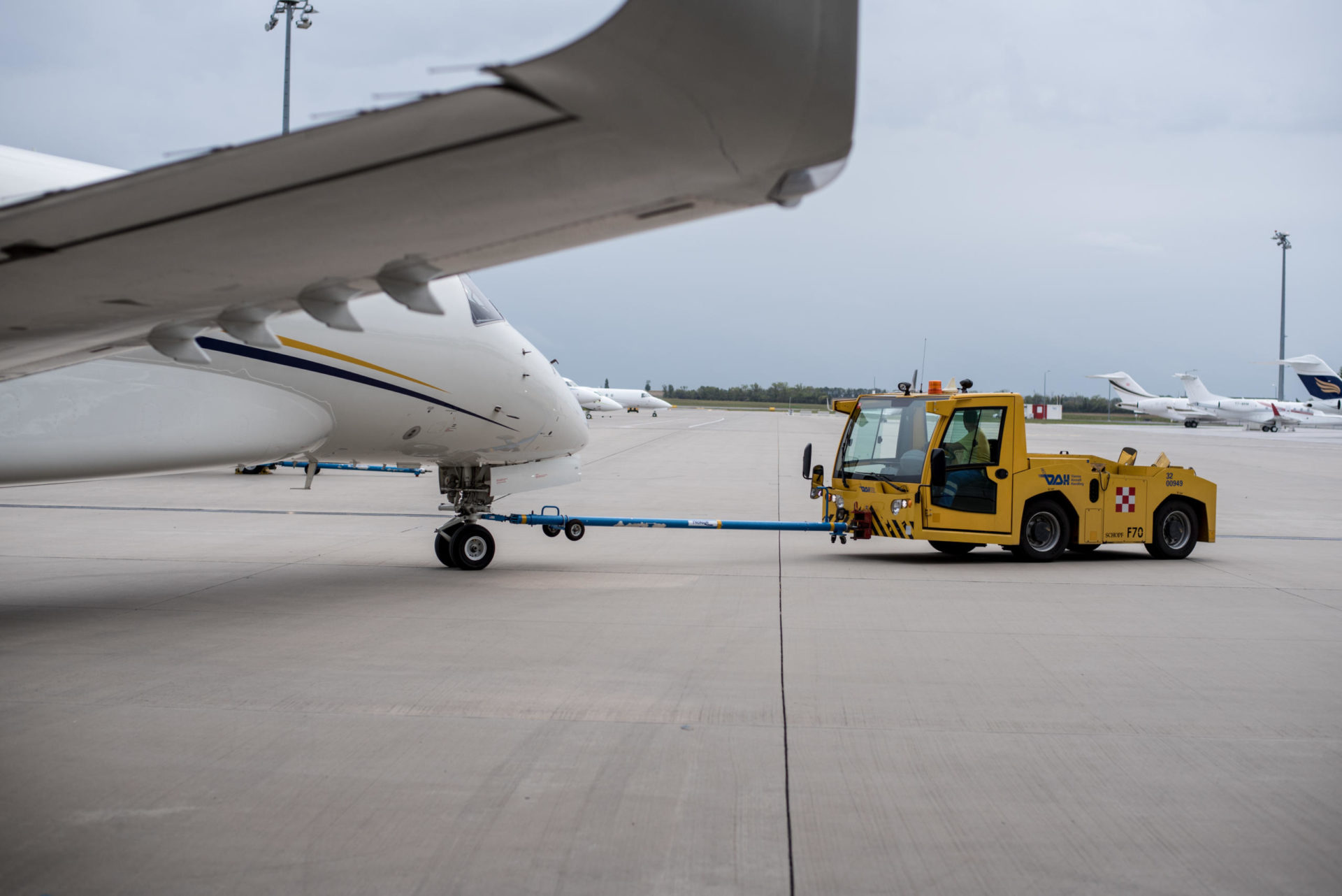
France: How is SAF implemented in the legislation of EU member states?
Whilst the Business aviation operators are committed to make their industry greener and sustainable and the ReFuel EU Aviation initiative of the European Commission is becoming more and more concrete, several national legislations already make the use of biofuel mandatory for the airlines.
This article is a contribution from Amaël Chesneau and Filippo Arcalini, chairs of the Aviation Lawyers Committee
Although many practical issues emerge from the deployment of SAF which will have to be resolved to avoid a worse emissions profile and environmental impact than fossil fuels, SAF is deemed today as one of the most efficient ways in aviation to reduce CO2 emissions.
In this context, it is worth analysing the approach adopted by several EU Countries to encourage the use of SAF in the aviation sector.
The Aviation Lawyers Committee of EBAA, which comprises lawyers from many different European countries, has started to analyse the legal approach adopted at national levels. Whilst it already appears that some EU countries have not yet prepared any legislative tools to encourage the use of SAF, on the contrary, other member states have already amended their legislation.
It is the case in France for instance where the government has extended the scope of an existing tax – a tax designed to encourage sustainable fuel in transports, called “the TIRIB” – to the aviation fuel whilst the aviation fuel was expressly excluded from the scope of this tax in the past.
The members of the Aviation Lawyers Committee will publish in the coming months a legal analysis of the legislation applying to SAF in different Member States. Let’s start with France.
FRANCE / Legislation on SAF, how it works
| Entry into force: | January 1st, 2022 |
| Legislation: | Article 266 Quindecies of the Customs code updated by the Finance Bill for 2021 n°2020-1721 dated 29 December 2020 A decree will be published by the end of the year 2021 to provide more details |
| Mechanism: | A specific tax was created in 2005 – named TGAP and renamed TIRIB in 2019 (“Taxe Incitative Relative à l’Incorporation de Biocarburant”) – to encourage the use of sustainable fuel in transports. Up until today, aviation fuel is excluded from the scope of the TIRIB. To encourage airlines to use SAF and to get closer to the EU objective of 14% of sustainable energy in 2030, the Finance Bill for 2021 provides that the aviation fuel will be included in the scope of the TIRIB from the 1st January 2022. The aviation fuel will then become the third branch of the TIRIB, after diesel and gas. |
| Target: | 1% of SAF in jet fuel on 1st January 2022 |
| Declaration: | The TIRIB is subject to tax declaration and payment once a year, at the latest on the 10th April of the year following the year used as the reference base for the calculation of the TIRIB. |
| Duties: | €1,250 per cubic meter if the target is not met |
| SAF industry: | In April 2021, Total began producing SAF in France at its La Mède biorefinery in southern France and its Oudalle facility near Le Havre. Total also announced that even more SAF will be produced in the future made from animal fat, used cooking oil and other waste and residue sourced from the circular economy. No vegetable oils will be used. In December 2017, the French government and the main French groups of the aviation industry (Air France, Airbus, Total, Safran, Suez) reached an agreement to encourage the development of a new sector aimed at producing biofuel. Other projects are currently under implementation in France designed to produce SAF for the aviation sector. |
| Next steps : | The French government roadmap in terms of % of SAF in aviation fuel is as follows: . 2% in 2025 . 5% in 2030 . 50% in 2050 |
The Aviation Lawyers Committee (AMAC) Committee
The Aviation Lawyers Committee (AMAC) Committee is composed of lawyers who come from different European jurisdictions and who have a recognised expertise in Business aviation.
The objectives of the Aviation Lawyers Committee (AMAC) are to identify legal and regulatory matters which need special attention on a European level by researching relevant issues and comparing legal solutions found in different European countries.
The Committee also aims to develop tools on topics of interest in collaboration with the other AMAC committees, organise events (such as seminars and training) and promote networking activities amongst the members of the committee.



